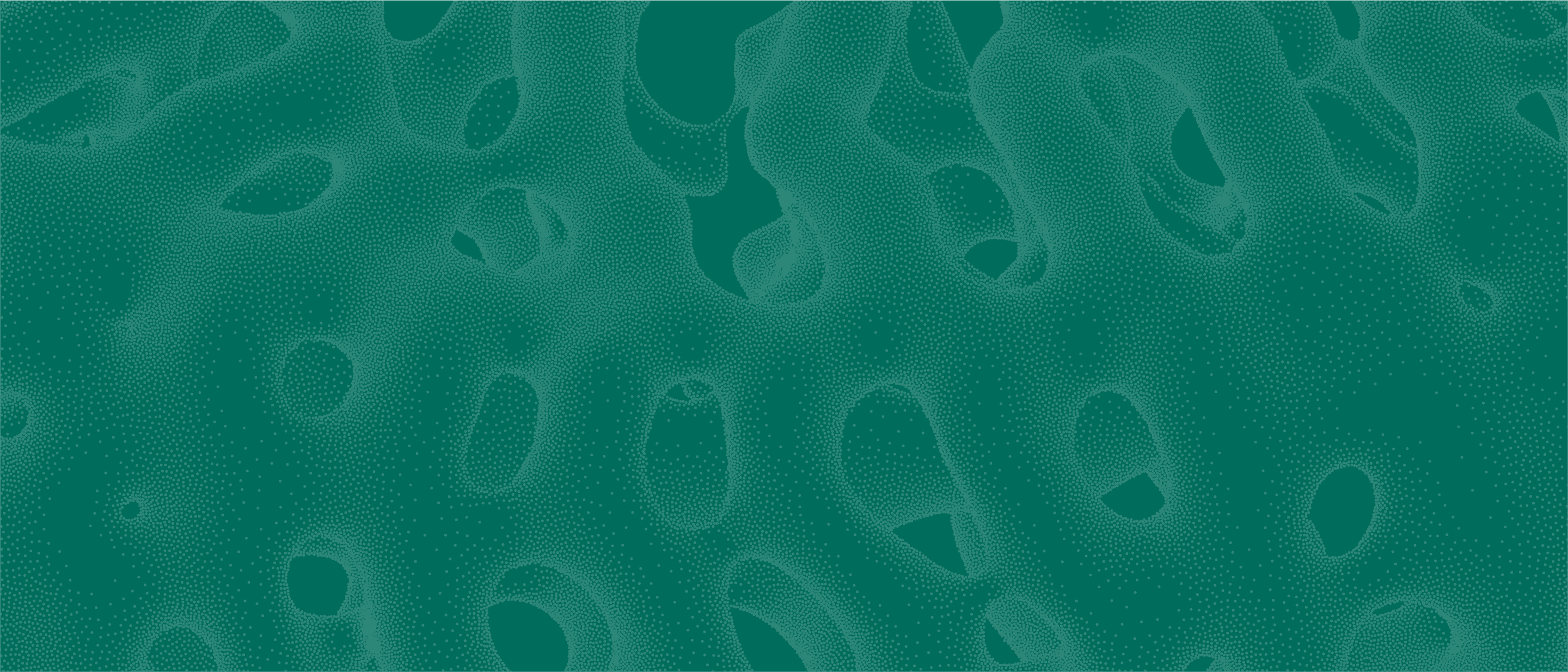AI for Science seminar with Roberto Covino, Goethe University Frankfurt.
Overview
- Date:Starts 14 November 2024, 15:00Ends 14 November 2024, 16:30
- Seats available:40
- Location:EDIT Analysen or online
- Language:English
Zoom password: ai4science

The on-site event will be followed by fika in the Analysen coffee area (fika from 16:00-16:30).
Abstract:
Biomolecules are highly dynamic systems. They reorganize between a network of conformations connected by rare structural intermediates, which is referred to as their conformational ensemble. The ensemble, including the rare intermediate structures, determines biomolecular function in the cell.
However, mapping biomolecular conformational ensembles is still challenging in computational and experimental approaches. Computer simulations are the modern manifestation of scientific theories and, merged with machine learning, can help us overcome challenges in the biomolecular sciences.
In the first part of my talk, I will illustrate our work to integrate path sampling with machine learning to empower our ability to simulate rare conformational transitions. Our algorithm provides efficient sampling, mechanism, thermodynamic, and kinetic information of rare molecular events at a moderate computational cost.
In the second part, I will discuss using simulation-based inference to identify biomolecular conformations in cryo-electron microscopy (cryo-EM) data. CryoEM is a powerful paradigm for characterizing protein conformational ensembles. However, even though the frozen sample contains information on the entire ensemble, accurately identifying rare or disordered molecular conformations depicted in a single cryoEM image is still challenging.
We integrated physics-based simulations, Bayesian inference, and deep learning to develop the cryoEM simulation-based inference (cryoSBI) framework for inferring molecular conformations and their uncertainties from individual cryoEM images. We validated cryoSBI on synthetic and experimental data. Our approach paves the way to characterizing entire conformational ensembles from experimental data.
About the speaker:
Roberto Covino is W3 Professor of Computational Life Science at the Institute of Computer Science at Goethe University Frankfurt, and a Fellow at the Frankfurt Institute for Advanced Studies. His research uses theory, simulation, and machine learning to understand how biomolecular functions emerge from the interplay between structure, dynamics, and complexity. He focuses on understanding the mechanism of key events in proteins and cellular membranes. His research interests range from molecular biophysics to statistical modelling, machine learning, lipid and protein biochemistry.
RC studied physics and theoretical physics at the University of Bologna and obtained his PhD in physics at the University of Trento. He then worked as post-doctoral scientistic at the Max Planck Institute of Biophysics. RC was appointed Professor of AI in Protein Science at Bayreuth University in 2023 and received the call to Goethe University in 2024.

Structured learning
This theme focuses on how to make use of structure in data to build machine learning (ML) and artificial intelligence (AI) systems which are safer, more trustworthy and generalize better. Structure includes the relationship between data, in time and space, and how the predictions change when data is transformed in specific ways, for example rotated or scaled. These topics are abstract and general but have a direct impact on the use of AI and ML in the sciences and in applications such as drugs and materials design, or medical imaging.


